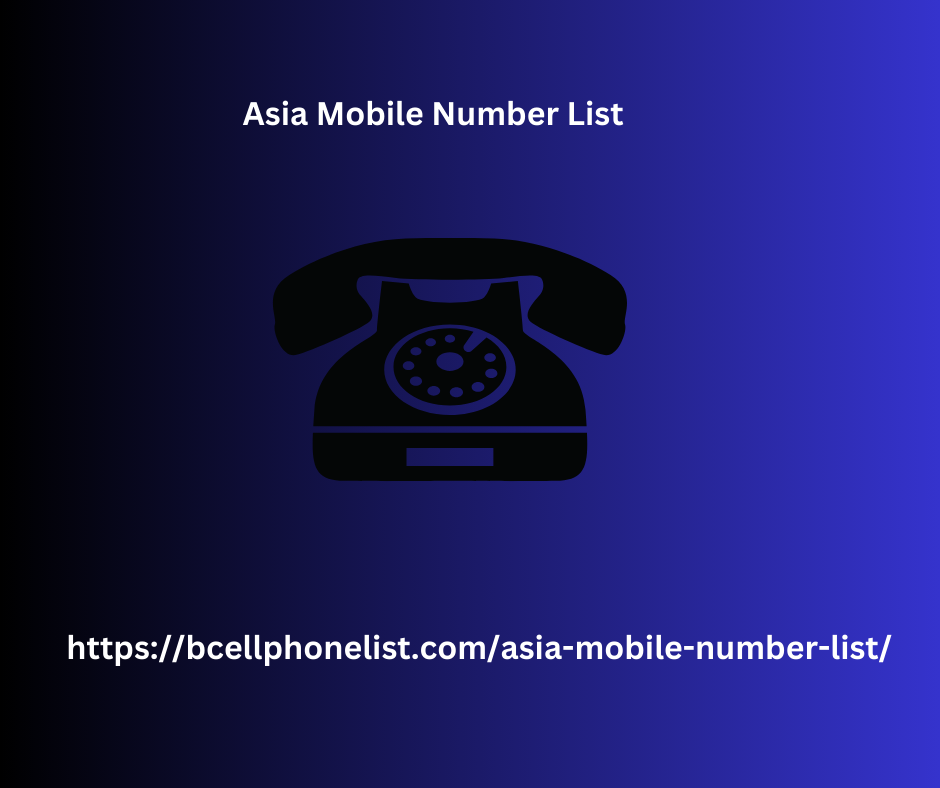|
|
For example, the main criterion that Google analyzes is region. This allows users from different countries to see different search results. For example, search results for the query “football”. Users in the UK will see results related to regular football and the English Premier League, while users in the US will see information about American football or the NFL. When you search for “cafe,” you get a list of nearby cafeterias. Google also analyzes search history and collects information about transitions to user sites, as a result of which it “learns” the user’s personal
interests and preferences. It also takes into account such criteria as Asia Mobile Number List time on the site, browsing depth, bounces, clicks on links on the page, etc. Sites that are not only in the search history, but also in bookmarks are also tracked. of ranking factors. In general, they are all similar, but have different weight of significance. By the way, in our blog there is an article about ranking sites in Google and Yandex. The impact of personalization on SEO promotion Personalization in search engines makes it more difficult to track a site's ranking

keywords. An SEO specialist will never be able to get an accurate picture of the situation with the site’s positions for queries. Setting up indexing of a site and all its pages is fundamental work, without which any further work on internal optimization or external website promotion will be ineffective. The promoted page must be crawled and entered into the index database by search engines. Otherwise, it will not participate in ranking sites when generating results based on user requests in Google or Yandex. Why may pages not be indexed or dropped out of the search engine index? Main reasons.
|
|